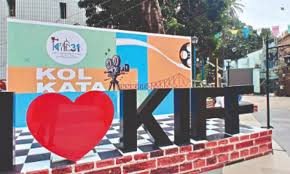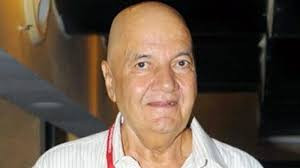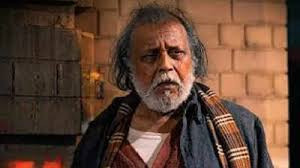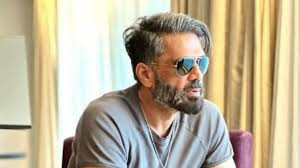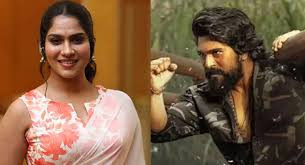Tollywood Directors Condemn Vivek Agnihotri's 'The Bengal Files' Amidst Controversy
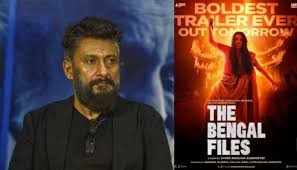
IIE DIGITAL DESK : The recent trailer launch of Vivek Agnihotri's film The Bengal Files has ignited a significant controversy in West Bengal, leading to strong reactions from the Tollywood film industry. Prominent Bengali directors and producers have publicly criticized the film, accusing it of distorting historical facts and disrespecting Bengali culture. The backlash intensified following the cancellation of the trailer launch event in Kolkata, which was reportedly halted by the police due to public unrest.
The Bengal Files is the third installment in Agnihotri's politically charged film series, following The Kashmir Files and The Tashkent Files. The film aims to depict the political landscape of West Bengal, focusing on alleged demographic changes and communal tensions. However, the trailer's portrayal of historical events, particularly the 1946 Noakhali riots, has been met with criticism for its perceived inaccuracies and provocative content.
The situation escalated when actor Saswata Chatterjee, who appears in the film, distanced himself from the project after the trailer's release. He clarified that he is an actor, not a historian, and cannot verify the film's historical claims. Chatterjee also expressed unawareness of a title change associated with the project, further distancing himself from the controversy.
several leading figures from the Bengali film industry have voiced their opposition to the film. They have labeled the film as "cheap communal sensationalism" and accused Agnihotri of attempting to malign the image of Bengal. The filmmakers argue that cinema should serve as a mirror to society, reflecting truth and fostering understanding, rather than promoting divisiveness. They also questioned why films like Parzania, Firaaq, Chand Bujh Gaya, Abir Gulal, and India: The Modi Question, which have faced bans or restrictions, have not been given the same platform to present their narratives.
The filmmakers have demanded a public apology from Agnihotri and have called for legal action against him for allegedly distorting history and inciting communal tensions. They have also urged the West Bengal government to take appropriate measures to address the issue and protect the state's cultural integrity.
The controversy has sparked a broader debate on social media and among political circles. Supporters of Agnihotri's film argue that it sheds light on overlooked aspects of history and provides a platform for suppressed narratives. Conversely, critics contend that the film's portrayal is one-sided and fails to acknowledge the complexities of the historical events it depicts.
In the political arena, leaders from various parties have weighed in on the issue. Some have expressed concern over the film's potential to disrupt communal harmony, while others have defended the filmmaker's right to artistic expression. The ongoing debate underscores the sensitive nature of historical representation in media and the responsibility of filmmakers to approach such topics with accuracy and respect.
The controversy surrounding The Bengal Files highlights the delicate balance between artistic freedom and historical accuracy. While filmmakers have the right to explore and present historical events, they must do so with a commitment to truth and an understanding of the potential impact on societal harmony. As the debate continues, it serves as a reminder of the power of cinema to influence public perception and the importance of responsible storytelling.
You might also like!


